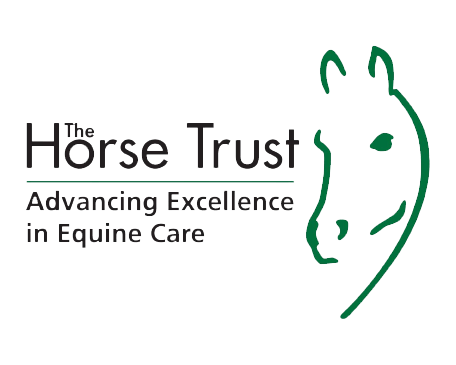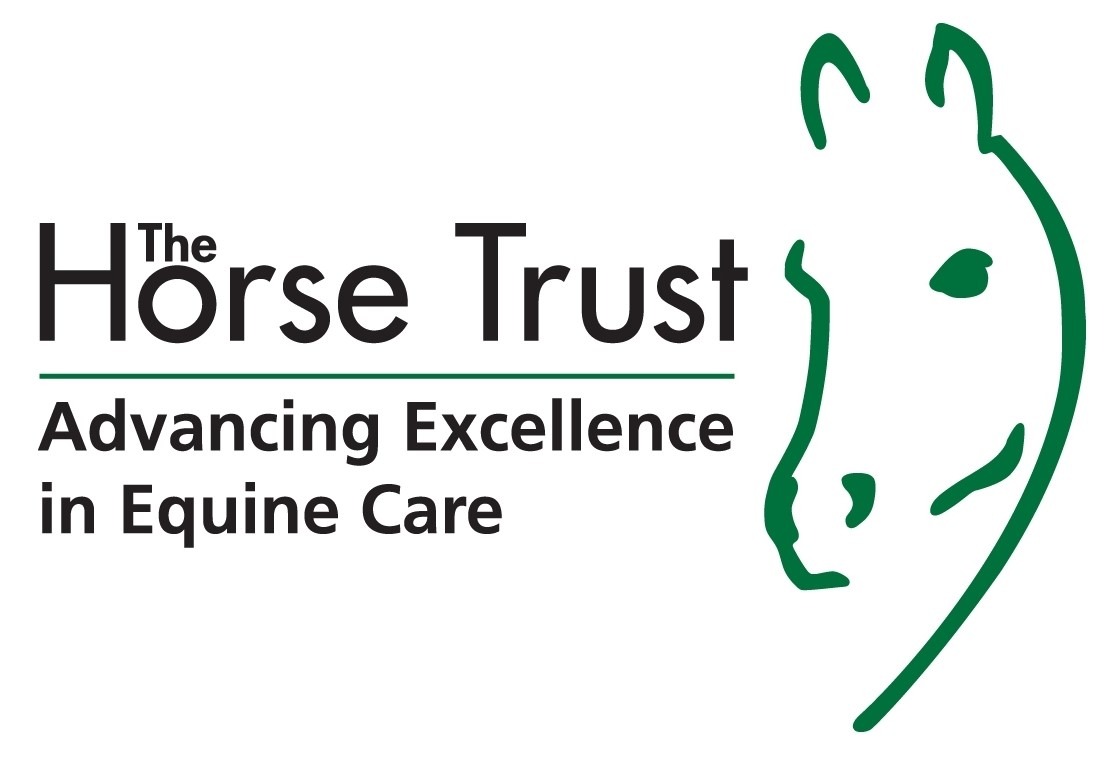We have some very special news to share with you; four of our wonderful horses…

Information for Worming Feature
Due to the growing problem of drug-resistant worms, people are advised to take a more informed and strategic approach when worming their horse.
Small redworms (cyathostomins) are the most important parasite affecting horses. But overuse of worming drugs has led to the development of drug-resistant small red worms. Researchers have found evidence of small redworm resistance to each of the three drug types, and the first incidence of multi-drug resistance was recently discovered in Brazil¹.
If a horse is infected with multi-drug resistant redworms, it may suffer the effects of a severe small redworm infection, which can include weight loss, colic, diarrhoea and death.
“Many horse owners simply buy drugs from veterinary supply stores and give their horse the drug regularly. However, many horses have a low worm burden so don’t need to be treated as often. Owners could reduce the risk of drug resistance and save money on worming drugs by doing Faecal Egg Count tests,” says Paul Jepson, Chief Executive and Veterinary Director of The Horse Trust.
At The Horse Trust, horses are usually given worming treatments in March and November only. In between these months, a Faecal Egg Count (FEC) is carried out for each horse and additional wormers are only given to horses if their egg count comes back high. Out of around 100 horses at the sanctuary, very few need these additional worming treatments.
Staff at the sanctuary also actively manage the land to reduce the chance of worms being passed on between horses.
“When horses are moved between fields, we ‘poo pick’ the field they have left and rest the field for a few weeks to make sure the field is clean when the horses go back in,” says Shirley Abbott, the Yard Manager at The Horse Trust. “Because of this ongoing management, we have very few problems with worms – the faecal egg counts of our horses usually come back very low.”
1 2















This Post Has 0 Comments